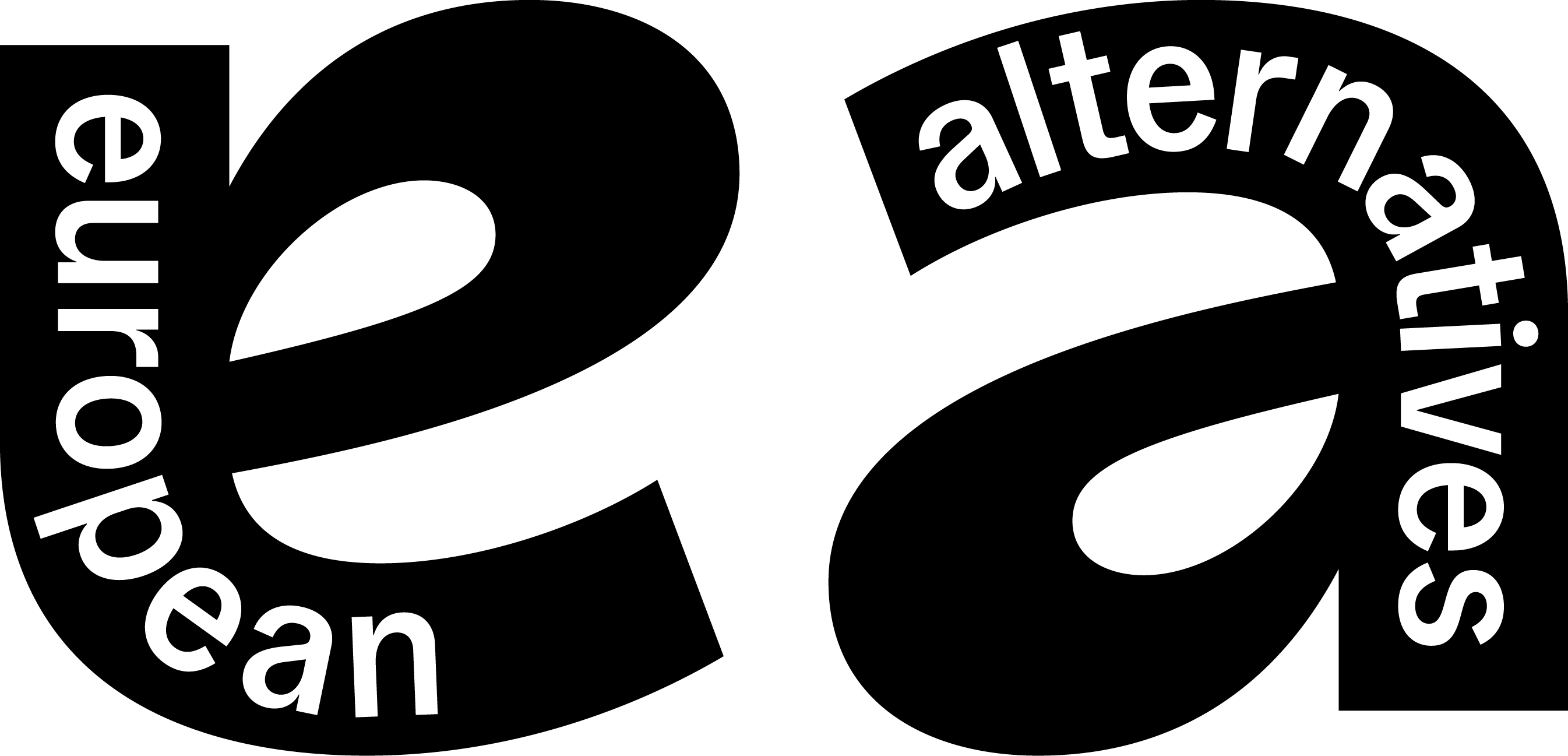Currents of Memories
Installation & Drinks
Saturday, November 9
21h – 23h
PASE
On the occasion of the Transeuropa Festival 2024, the creative studio Pase presents Currents of Memories, a collective sound installation that gives shape and space to the memories of festival participants. Currents of Memories collects fragments of lived experiences, personal stories, and audio testimonies that emerge from the rich cultural, political, and artistic diversity that the festival embodies.
This installation, conceived as a mosaic of sounds and voices, reflects on the connections between individual and collective identity, giving voice to different narratives: from stories of migration and political resistance, to feminist struggles and experiences of cultural dissidence. Every captured voice and every recorded sound are symbols, memories, spaces of expressive freedom that cross the underground currents of the festival and society.
Studio Pase invites visitors to explore these hidden voices through an immersive experience that combines ambient sounds, field recordings and participatory contributions, collected during the festival’s activities. The “currents” of stories flow like an interconnected network, symbolizing the deep bond between the personal and the political, between art and activism. Currents of Memories is inspired by the need to rediscover the voices that often remain below the surface, creating an intimate and collective dialogue between the speaker and the listener.
In a context in which the Transeuropa Festival explores the themes of social justice, inclusion, feminism, migration and creative freedom, Currents of Memories becomes an invitation to reflect on the transformative power of stories and memories. The installation is proposed as a living and dynamic space, where the voices of the participants are collected, listened to and become an active part of a collective story.
The installation in the other space is by Silvia Rosani, who will be present and will introduce her work: Amotion (2023) presents itself as a group of metallic objects and a large tambourine. The objects are wired to create audio feedback loops, making them resonate, and these are controlled by a patch in Pure Data. This set of connections turns the objects into hybrid electro-acoustic instruments. An app created with Python allows audience members and musicians to use either their voices or their instruments to interact with the installation while being in the exhibition space or remotely. The app records and analyzes these sounds and makes decisions on how the hybrid electro-acoustic instruments will react to the surrounding stimuli. The dialogue between the agents involved is based on emotion detection, carried out live by a neural network model embedded in the app, which then sends information to Pure Data for sound synthesis. The version of Amotion presented at the Werkleitz Festival is a work in progress, while the project will be fully implemented at RIXC in September.

